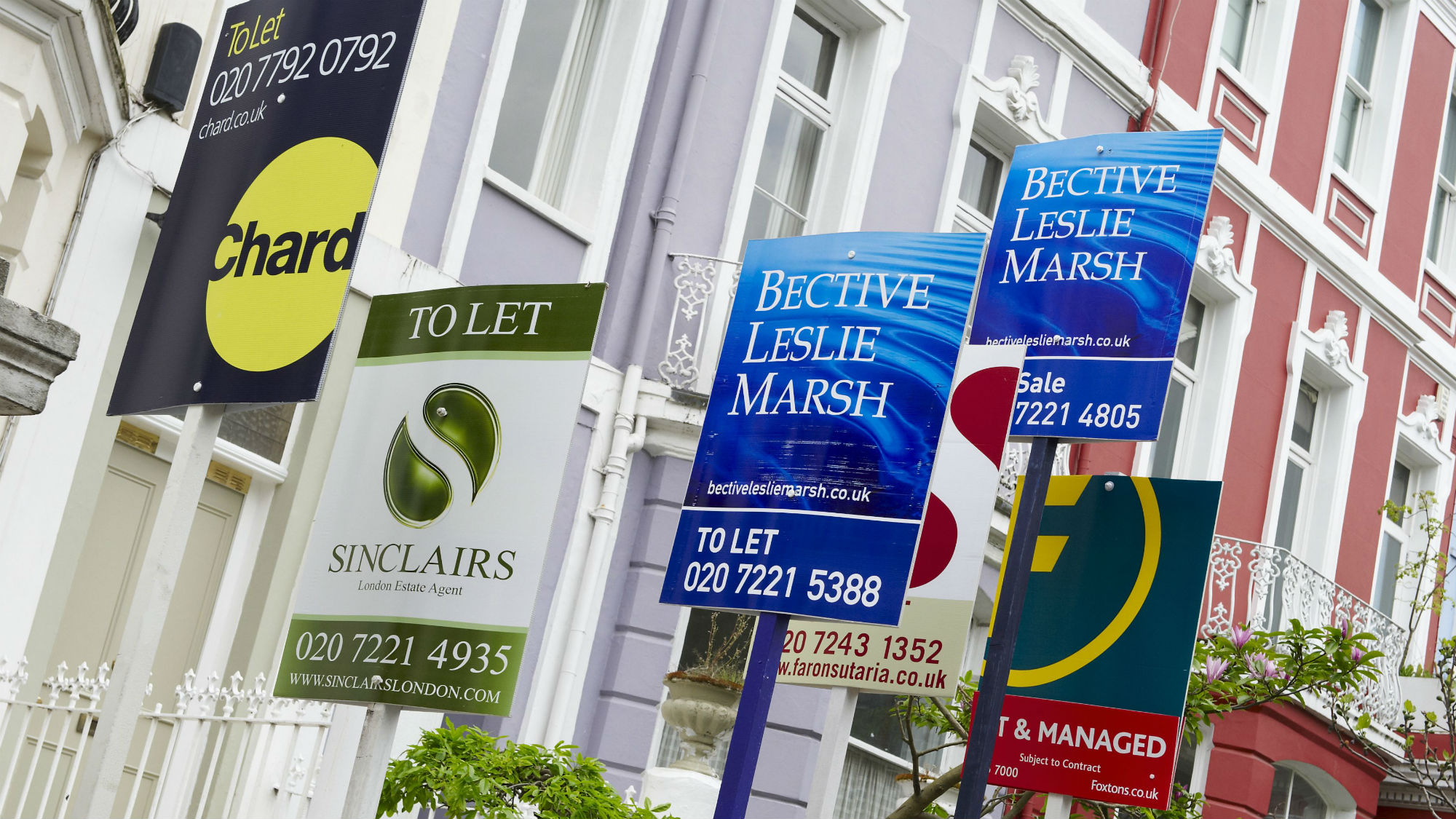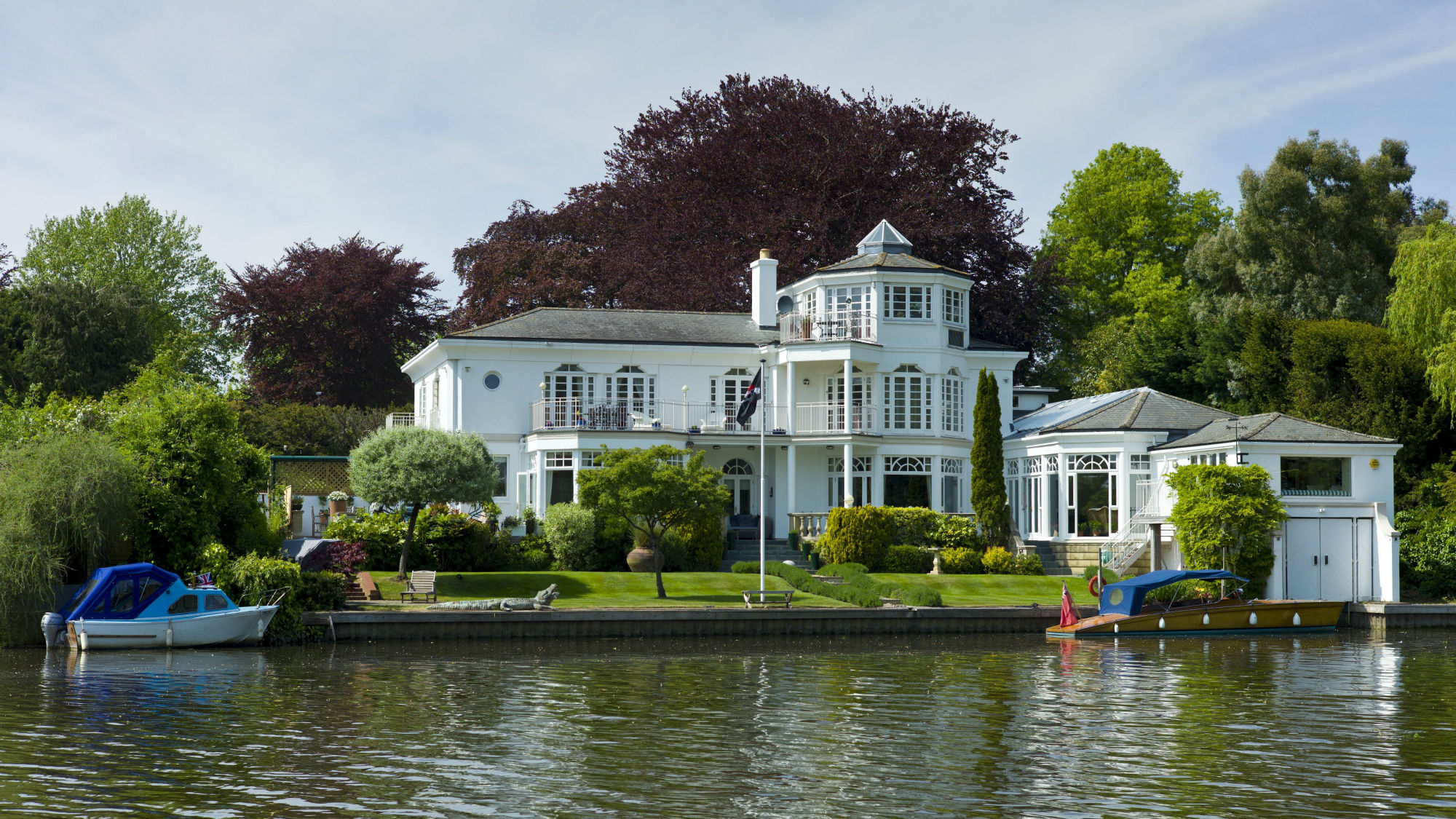4 ways Brexit has rocked the property market - and how to ride out the storm
The way we're buying and selling houses since Brexit has changed. A year on, what does this mean for you and how can you make the most of the climate whether you're buying or selling?


The way we're buying and selling houses since Brexit has changed. A year on, what does this mean for you and how can you make the most of the climate whether you're buying or selling?
It might seem like we've been banging on about Brexit for years, but its only 12 months since the country voted to leave Europe last June and the property market has been hit pretty hard. The political and economic fall out has created deep instability and seen the housing market flip from being profitable for sellers to one that is way more favourable to buyers.
This is great news if you're trying to get on the ladder, but bad news if you're on move two or three. Yes, it seems the great British public are pretty more cautious about making big financial decisions right now and investors are less attracted to UK properties. On the good side, mortgages are easier to secure, but the downside is that young 20-30 somethings are finding it harder and harder to save money for a deposit.

So what does all this mean for you? Property expert Elliot Castle, CEO of We Buy Any Home reveals the 4 things you should know if you're in the market for a new place. Plus what you can do to increase your buying and selling power in these challenging times.
- BUYERS AND SELLERS ARE ADOPTING THE ‘WAIT AND SEE’ APPROACH - bad for buyers AND sellers
At this moment in time, the biggest problem we face is the fact that as a country we have never been through Brexit before, nor has any other country in the European Union. Politicians, economists, business owners and the general population therefore cannot predict how this decision will play out for Britain. We have been told by the government not to expect smooth sailing, and to be prepared for difficult times ahead. So predictably, what we've witnessed is potential home buyers and sellers halting big financial decisions in favour of 'waiting to see' how the economy develops over the next 2-3 years. This decision has been particularly bad for the housing marketing. It basically means there are less potential buyers on the market, and even less properties for them to buy. So in short, a lot less stock to choose from.
- THE LONDON HOUSING BUBBLE HAS DEFLATED - good for buyers, bad for sellers
Nowhere in the UK has felt the effects of the referendum more than the London housing market. London and its surrounding suburbs have for years enjoyed a buoyant property market thanks to investors from around the country and overseas ploughing capital into housing development, creating fierce competition which has allowed sellers to make a greater profit on their home. The has left first time buyers trying to break into the market at a loss as property prices rocket and wages stand still. Now for the first time in years, the referendum result has unnerved investors about whether their money is safe in London. Sadly this, coupled with the introduction of the new stamp duty levy, has deterred many from making an investment at all. Although this is typically isolated to London, the impact on our affluent capital has been felt nationwide. The days of sitting on a property while it doubles in price in a couple of years are well and truly over.
Celebrity news, beauty, fashion advice, and fascinating features, delivered straight to your inbox!
- THE NUMBER OF MORTGAGES ON THE MARKET HAS INCREASED -good for buyers, great for first time ones
It hasn’t been all doom and gloom since the Brexit vote. The number of mortgages on the market has in fact increased since the June 2016. Despite fears that inflation could result in pricier mortgages, the Bank of England’s decision to cut interest rates back in August 2016 has paved the way for cheaper mortgage offers, especially for first-time buyers. If you currently have a mortgage, then take a look at the current offers on the market to see if you can re-mortgage for a better deal.
- SAVING CONTINUES TO BE A STRUGGLE - bad for buyers and sellers
Although borrowing has got easier, on the flip side, saving for a deposit has become way harder. For the rental generation, the increase in the cost of living and rental prices against stagnant wages, means people are finding it harder to save the money needed for a deposit. The latest statistics released by The Money Charity in April 2017 has reported that for a person on an average salary it will take approximately 33 years to save the £28,552 deposit a first-time buyer typically puts down. This is up 13 years from the charity’s previous research in 2015. But if you are struggling to save a deposit, TAKE HEART, there ARE options out there to help you. Check out the Help to Buy Scheme and high-street mortgages offers specifically for those wanting to take their first step on the property ladder, which offer great opportunities.

So lets break it down. If you're still struggling to work out your buying and selling power, here are our top tips to help you in the current climate whether you're buying or selling:
- Employ a mortgage advisor to track down the best rates available for you. There are lots of different options available, and working with an expert in the area to will help ensure the right deal for you.
- Be transparent with your finances. When you go to viewings, print out a bank statement which shows your deposit and your mortgage agreement letter/email and present this to the estate agents and owner of the property. This will prove you are serious and are able to move quickly.
- Where possible ask the estate agent to conduct the viewing when the owner(s) are there. It is much better to meet the owner face-to-face, not only because you can ask them questions about the property and get a direct answer, but also to build a rapport ensuring they will remember you when you place an offer.
- Unfortunately, the days of bidding wars and offers well over the asking price are long gone; now one of the biggest property turnoff is an unrealistic asking price. Before you set a price, research other properties like yours in the same area which have sold for in the last year, and ask at least 3-4 independent estate agents to value the property. Go for a price in the middle of the valuations.
- A study conducted by Rightmove found that dirty kitchens and bathrooms ranked highest in a list of 4000 biggest property turn-offs. With kitchens and bathrooms being the most personal areas of a home, a buyer may have difficulty imagining themselves living in a property that doesn’t meet their standards of cleanliness.
- On a similar note, ensure you have decluttered your home. It will allow potential buyers to view the space better, and will make it look bigger.
- If you are struggling to sell a home, and need to do so quickly, visit webuyanyhome.com – who guarantee to make you an offer in 24 hours and a sale in as little as 7 days.

Andrea Thompson is Editor in Chief at Marie Claire UK and was named by We are the City as one of the UKs top 50 trailblazers for her work championing gender equality. She sits on the committee of the British Society of Magazine Editors where she acts as Chair.
Andrea has worked as a senior journalist for a range of publications over her 20 year career including The Sunday Times, The Guardian, The Daily Mail, Channel 4, Glamour and Grazia. At Marie Claire UK, Andrea oversees content, strategy, events and campaigns across fashion, beauty and the brand's purpose pillars. Follow her on instagram at @andreacanwrite